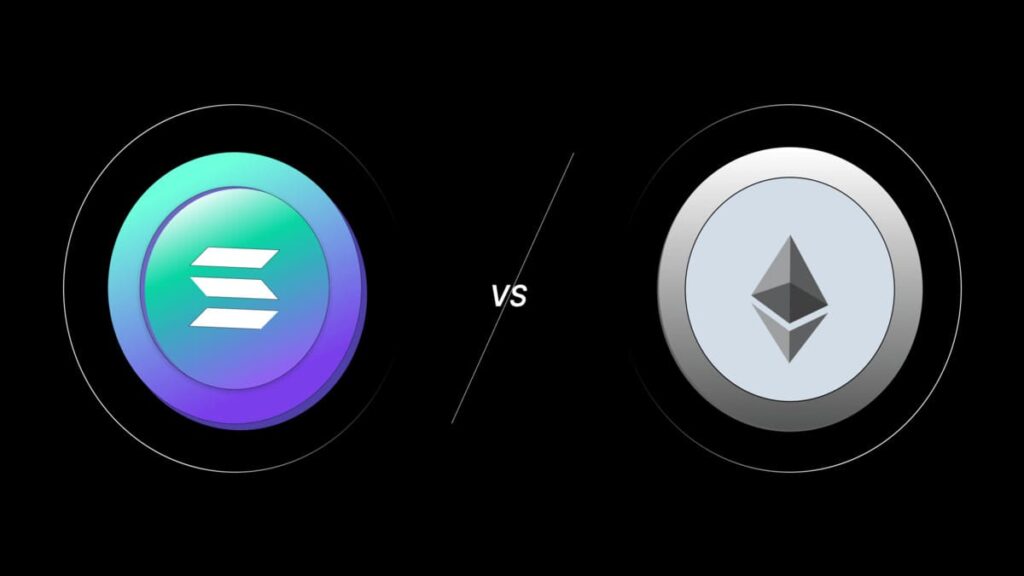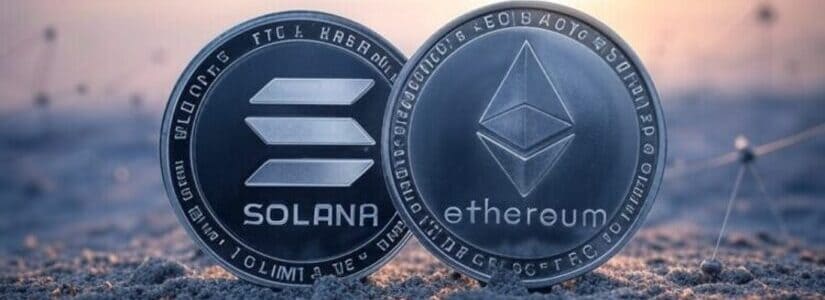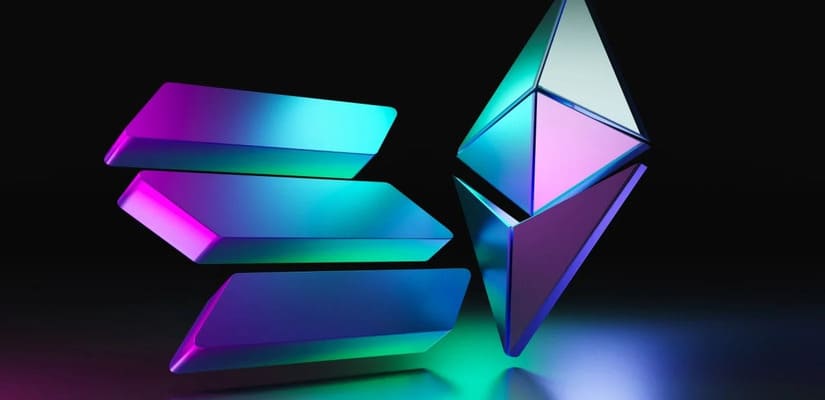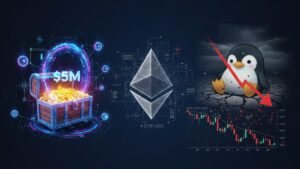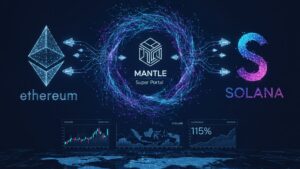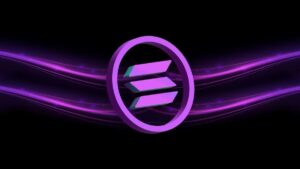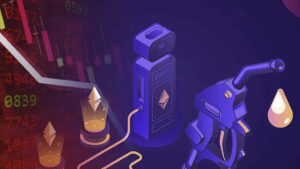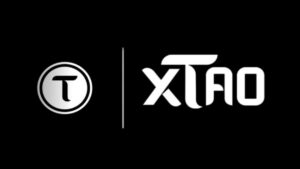TL;DR
-
Blockchain developers must choose between Ethereum and Solana; this decision will determine a project’s cost, speed, and technical feasibility.
-
Ethereum is a modular blockchain that enables targeted upgrades, while Solana employs a monolithic design that prioritizes consensus speed.
-
Ethereum’s tools (Hardhat, Remix, OpenZeppelin) offer maturity and support, but Solana (Anchor, Seahorse, CLI) shines thanks to its performance.
In the field of blockchain, the platform you pick defines a project’s cost, speed, and technical feasibility. Ethereum versus Solana has been a long‑running debate: the former stakes everything on security and flexibility, the latter on performance and minimal fees.
Design Philosophies and Consensus
Ethereum is a modular blockchain that splits consensus, execution, and data into independent layers. This approach allows focused upgrades without jeopardizing the entire network and leverages Layer 2 solutions to scale. However, that fragmentation adds complexity when integrating new features.
Solana, by contrast, was built as a monolithic blockchain. It combines PoS validation with an on‑chain PoH clock, accelerating consensus and enabling native parallel execution. Thanks to that unified design, it achieves sub‑second latencies, though it sacrifices some flexibility for future upgrades.
Development Tools and Experience
Ethereum boasts a mature ecosystem of tools. Hardhat and Remix streamline writing and testing Solidity contracts; OpenZeppelin provides secure templates; Ethers.js and Web3.js simplify node interactions. The community offers abundant documentation, forums, and grant programs, which smooth the learning curve.
Solana, for its part, relies on Anchor to abstract Rust’s complexity; Seahorse to let you write code in Python; and its official CLI to simulate real‑world environments. The @solana‑web3.js SDK accelerates integration from JavaScript applications. Even so, fewer libraries and examples can slow the initial learning process and development speed.
Day‑to‑Day Performance and Costs
Blockchain developers feel the difference every time they deploy or interact with a contract. On Ethereum, gas fees in Gwei fluctuate with congestion and can exceed a transaction’s value. Its 12‑second block times and multi‑minute finality stretch testing cycles.
Solana has dramatically lowered those barriers: its average cost is $0.00025 per transaction, and it finalizes blocks in under half a second. That speed enables more frequent iterations and realistic load tests without worrying about unpredictable fees. Nonetheless, occasional network outages have caused problems time and again for projects requiring high availability.
Security, Decentralization, and Resilience
Ethereum carries a long track record of patches following major incidents. Its validator set is distributed worldwide, which enhances resistance to attacks and failures. Continuous updates and broad decentralization ensure a more stable environment.
Solana leans into technical innovation but has also suffered repeated interruptions. A more concentrated validator network allows rapid recovery after a failure but raises centralization risks. Developers choosing this blockchain must assess whether their application can tolerate brief downtime windows—whether minutes or a few hours.
Who Is Each Blockchain For?
If your project demands large‑scale operations, frequent transactions, and predictable fees, Solana provides a smoother experience. Its monolithic architecture and rapid response times make testing and rollout agile processes.
If, on the other hand, you prioritize security, robustness, and extensive community support, Ethereum remains the benchmark. Its rollups and upcoming upgrades (Danksharding and Proto‑Danksharding) promise to cut costs without sacrificing decentralization.
Conclusion
The choice between these blockchains hinges on balancing speed and security. Solana accelerates development with cheap, rapid transactions. Ethereum offers a proven, decentralized framework, albeit with higher fees and longer confirmation times. Development teams must weigh their application’s specific requirements: if scaling cost‑efficiently is paramount, Solana is the right fit; if minimizing risk and leveraging a battle‑tested ecosystem matters most, Ethereum wins


